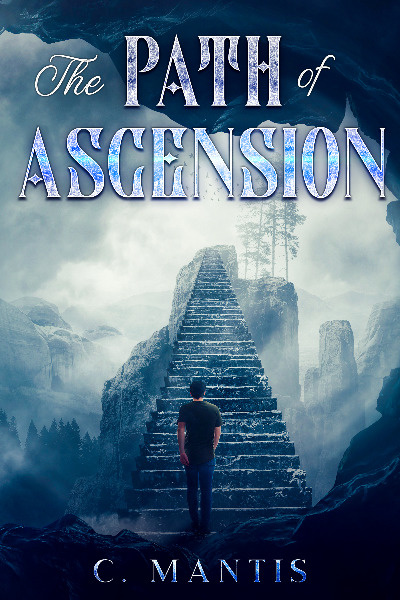so the part that confuses me about the courts is that I can't see how anyone could possibly win one of them, given what they've laid out. Let's consider the situation where you're besieging the last city. As of that time, the war is effectively one-on-three... and the three are making desperation offers to draw in more cultivators. Winter describes those as unwise choices - short-term thinking and the like. presumably it does serious damage to their ability to produce mobs of various sorts. Okay... but it also means that there's a major imbalance in the cultivator numbers, and the cultivators are providing them with mana income. More to the point, though... how is the winning court managing to prosecute a war against one power (who will have more cultivators than they) while also containing two others (each of whom will also have more cultivators than they)?
Mana income? Remember that cultivators rarely would give their mana like Matt does because they need to conserve it for their own activities. So it's indirect income, and only at normal regeneration rates. And it seems taking territory also gives income, so someone holding more territory will gradually increase resources while their foes get less.
Sure, there's benefits when playing 'catch up,' but there's also clear advantages to being ahead in more forces and resources. More soldiers, lieutenants, more generals, and stronger ones. You start to get enough to hold off the opposition for a time while your cultivators can gradually do bigger and bigger assaults- if you take a large fort and fall back before the other two know, are they going to slam against your fortifications? Maybe, maybe not, and maybe they do and you pull back and slam them first, since it's in your territory.
Plus while there's benefits to joining a behind-side, there's also benefits for winning, so there'll still be a good share of cultivators going for the winning side- right now, if you're an old timer trying to score immortality you want it to take awhile, but if you're a young pather equivalent? You may value winning fast much more, why worry about slowly accumulating genesis energy over time when you can join Winter and clear much faster, counting on the intensity of combat and your skills to carry you through?
I'm guessing what normally happens is after awhile of feeling each other out, one side ends up suppressed by the others (maybe by trying to be ambitious and gets knocked down too far, but also possibly just by being easy pickings due to not gathering enough strength/not offering enough benefits, and the other three continually pick at them and gain territory away from the weaker prey), then once you're in a more unstable 3-way situation someone gets teamed up on 2 on 1, and when two sides are effectively out of the running for a time, the top two duke it out and one wins.
It's super rare for one side to be able to bulldoze all three to be sure, but stasis isn't the actual goal so eventually it gets disrupted, and then once you're down to 3 in real contention, the ideal isn't returning the stalemate, it's taking advantage of the disruption in it.
Then for the next victor- How much a 'reset' everything is depends on how the victory happens. If one side crushes all 3 at once, then you have 3 broken sides and one new side, everyone needs to recover for a time before going on offenses, return to stalemate, but if the damage is uneven, like say, Court A is laid low and instead of trying to play catchup when they're so behind, they gather forces for two months while B, C, and D duke it out, and then when D clears, they have a head start and use that to quickly follow-up win. In some circumstances I could see the winners rapid-fire in a series, all four clearing before there's a true fresh start.
tl;dr: Being the one side standing below the rest is discouraged by the setup, but one or two sides falling behind the others is fine, which leads to unstable situations where someone eventually wins.
